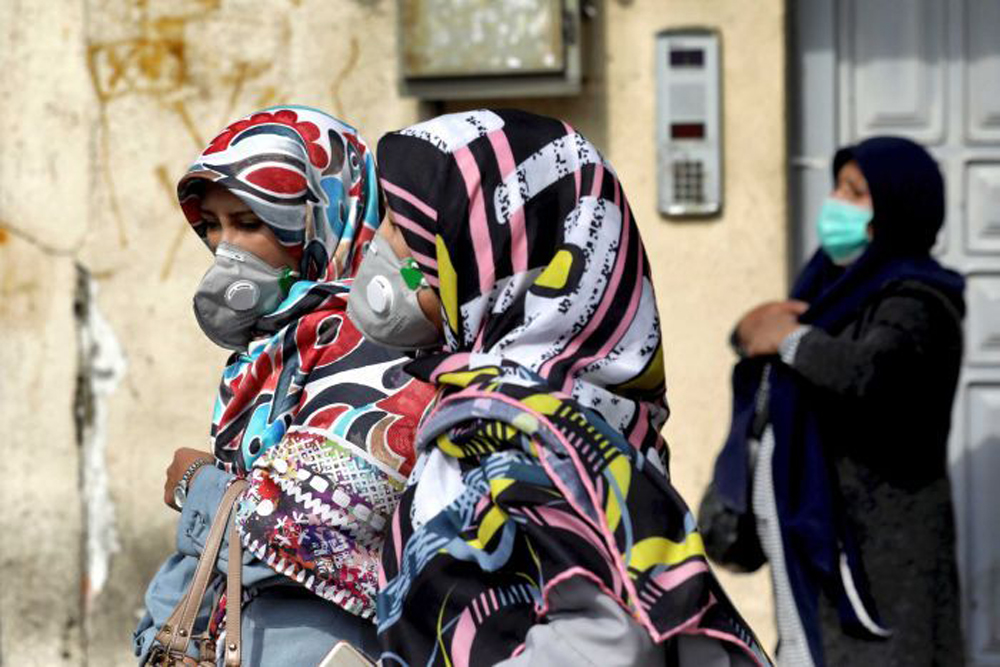By Mark Ellis —

Canadian researchers believe Iran may have as many as 18,000 cases of COVID-19. Iran’s government, however, has admitted to only 95 cases and 15 deaths.
If the epidemic is 200 times larger than the government is willing to admit, it could have serious global consequences, according to Isaac Bogoch, an infectious disease specialist at Toronto General Hospital and the University of Toronto.
“We’re so interconnected that this is not just an Iranian problem.”
Bogoch outlined his team’s concerns in “Estimation of COVID-2019 burden and potential for international dissemination of infection from Iran,” with co-authors
Ashleigh R. Tuite, Ryan Sherbo, Alexander Watts, David N. Fisman, and Kamran Khan, published in medRxiv.
The spread of the disease in Iran could impact Iraq, Afghanistan and Syria — which have limited capabilities to detect or contain infections.
The team based its study partly on the number of international cases linked to Iran.
On February 20th, British Columbia reported a confirmed case of COVID-19 in a person who had recently travelled from Iran. At that time, Iran was reporting only five confirmed cases.
“We estimated that 18,300 (95% confidence interval: 3770 to 53,470) COVID-19 cases would have had to occur in Iran, assuming an outbreak duration of 1.5 months in the country, in order to observe these three internationally exported cases reported at the time of writing.
“The ‘best case’ outbreak size was substantial (1820, 95% CI: 380-5320 cases), and far higher than reported case counts. Given the low volumes of air travel to countries with identified cases of COVID-19 with origin in Iran, it is likely that Iran is currently experiencing a COVID-19 epidemic of significant size for such exportations to be occurring. This is concerning, both for public health in Iran itself, and because of the high likelihood for outward dissemination of the epidemic to neighboring countries with lower capacity to respond to infectious diseases epidemics.”




